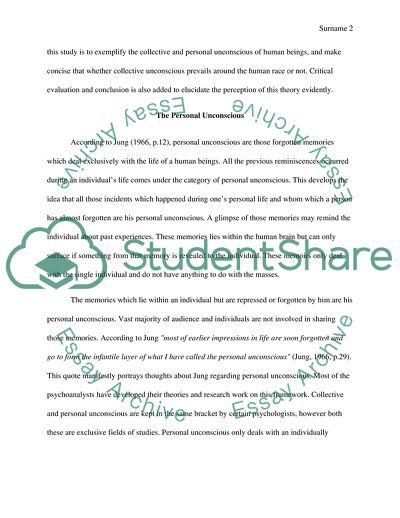Cite this document
(Evaluation of The Personal & Collective Unconscious Essay - 1, n.d.)
Evaluation of The Personal & Collective Unconscious Essay - 1. https://studentshare.org/psychology/1793632-argumentation-essay-based-on-carl-jungs-article-the-personal-and-the-collective-unconscious
Evaluation of The Personal & Collective Unconscious Essay - 1. https://studentshare.org/psychology/1793632-argumentation-essay-based-on-carl-jungs-article-the-personal-and-the-collective-unconscious
(Evaluation of The Personal & Collective Unconscious Essay - 1)
Evaluation of The Personal & Collective Unconscious Essay - 1. https://studentshare.org/psychology/1793632-argumentation-essay-based-on-carl-jungs-article-the-personal-and-the-collective-unconscious.
Evaluation of The Personal & Collective Unconscious Essay - 1. https://studentshare.org/psychology/1793632-argumentation-essay-based-on-carl-jungs-article-the-personal-and-the-collective-unconscious.
“Evaluation of The Personal & Collective Unconscious Essay - 1”. https://studentshare.org/psychology/1793632-argumentation-essay-based-on-carl-jungs-article-the-personal-and-the-collective-unconscious.


